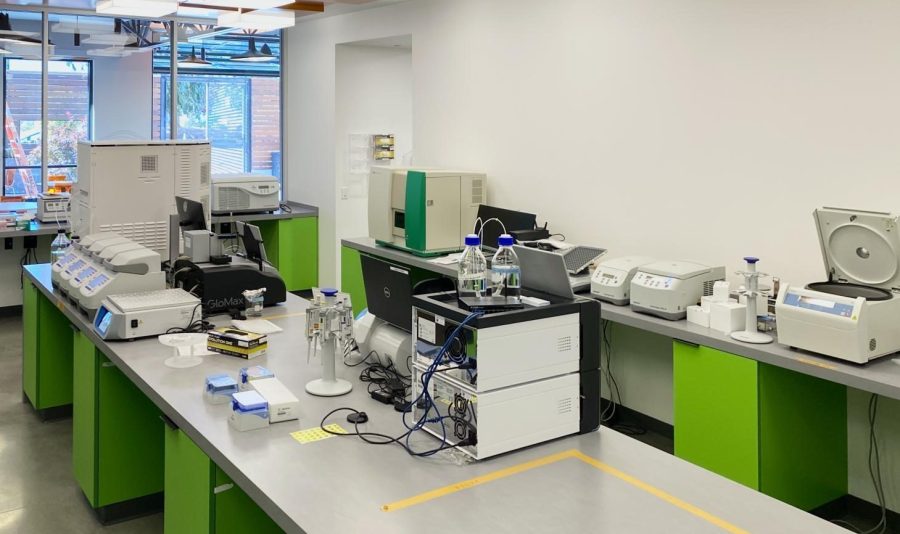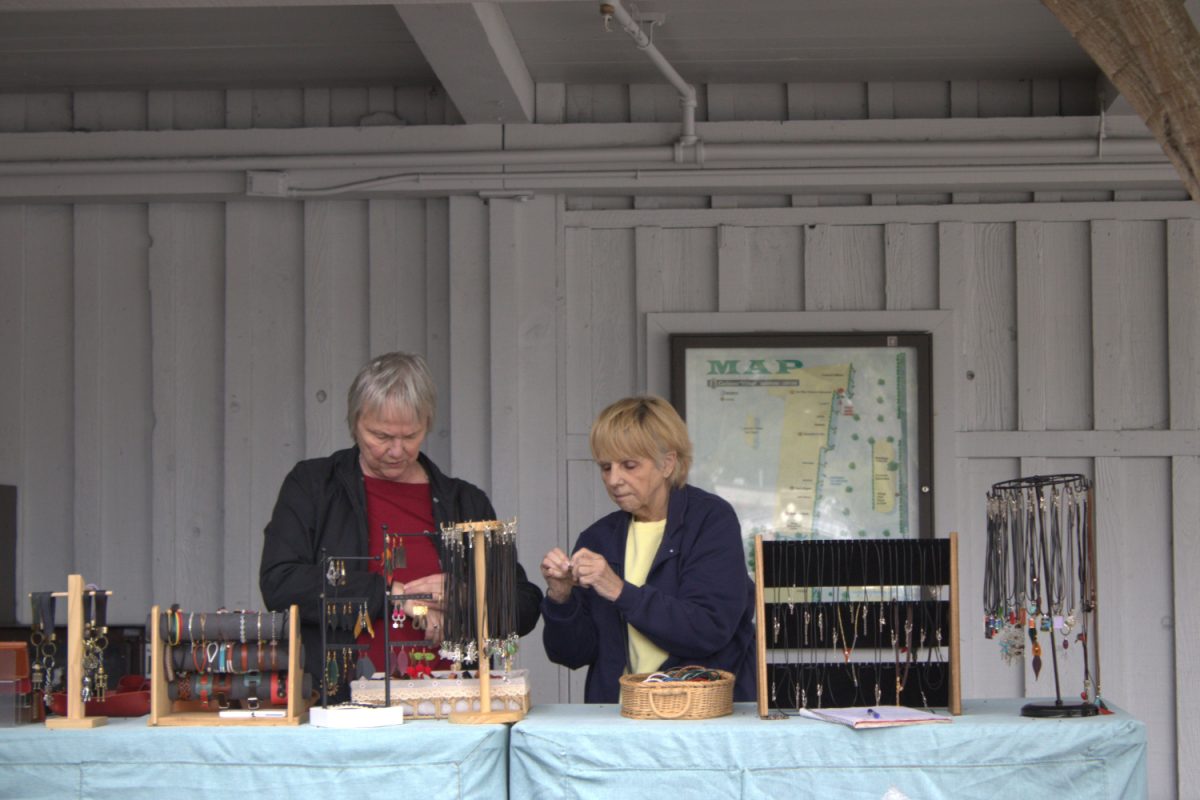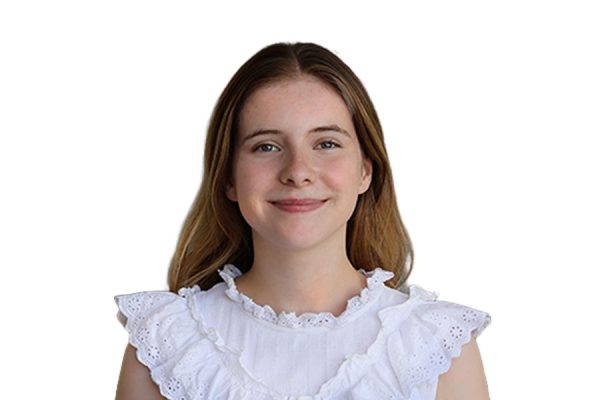William Shrader is on the path to curing an incurable disease. Parkinson’s disease, which currently affects more than 10 million people worldwide, is just one of the neurodegenerative conditions that Shrader’s pharmaceutical company AcureX Biosciences is working to cure.
But let’s start at the beginning when biotechnology was only developing, and the Bay Area was not yet teeming with startups.
Since he was a kid, Shrader knew he wanted to work in the sciences. However, his passion for organic chemistry didn’t spark until his sophomore year of college when, on a whim, Shrader took the class.
“It was the first time that chemistry became three-dimensional. Organic chemistry is like learning about the Legos of life. You build molecules that change genes that impact people’s health,” Shrader said.
From that moment onwards, Shrader wanted a career centered around these molecular “Legos.” After working for two years at Abbott Laboratories, gaining real-life experience in the biotech field, he pursued a Ph.D. at the University of California, Berkeley.
At the time, Shrader’s advisor founded multiple early biotech companies. Shrader’s Ph.D. research helped contribute to these biotech startups. He soon discovered that the environment of these startups allowed him to have a more significant impact.
“It’s what ultimately led me to startups where you really have more control. It was a more fast-moving and dynamic environment than the one at the larger pharmaceutical company I had worked in,” Shrader said.
Through his Ph.D. research and his experience at the startups, Shrader became increasingly interested in finding a solution to health conditions that affect millions of people– precisely, those that still have no cure.
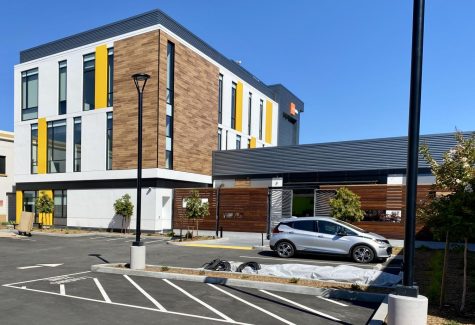
“There are certain health problems that have not been solved – not even a little bit. With neurodegeneration, with Alzheimer’s, Parkinson’s, ALS, there’s nothing you can do to slow the disease progression,” Shrader said.
Available drugs only alleviate symptoms for individuals living with these diseases; They cannot slow disease progression. But, thanks to Shrader, there’s a light at the end of the tunnel for these individuals.
Shrader’s pharmaceutical company may completely alter the reality of those living with these diseases. His lab showed that they can slow the progression of Parkinson’s disease in multiple types of human cells, including neurons.
“We can help cure Parkinson’s in individual human cells. We believe we will also be able to do the same in humans when all the cells are put together,” Shrader said.
To develop a pharmaceutical drug, the drug must pass through three distinct stages. Phase 1 tests the drug in healthy humans to confirm its safety. Then, phase 2 testing ascertains whether the drug genuinely impacts a disease.
Currently, Shrader has developed four drugs that have advanced through phase 2 clinical trials in ALS, Parkinson’s disease, Pancreatic cancer, Rett syndrome, Friedreich’s ataxia, and Leigh syndrome.
“In phase 2, you’re learning about your drug in patients. In an initial test where you might be testing 20 things, you could have three factors that receive the biggest impact. So you expand on those factors to understand what works best,” Shrader said.
Then, the drug progresses to phase 3 trial, when its efficiency is tested in multiple ethnicities, genders, ages, and disease progressions. These tests confirm that there is a statistical benefit for patients.
“Our next goal is to test the drugs in a phase 3 human clinical trial to show a benefit for all patients. And then, if we can do that, the drug will be approved,” Shrader said.
Then the drug will be licensed to a large pharmaceutical company. These companies conduct more extensive late-stage clinical trials and the drugs’ marketing, distribution, and manufacturing.
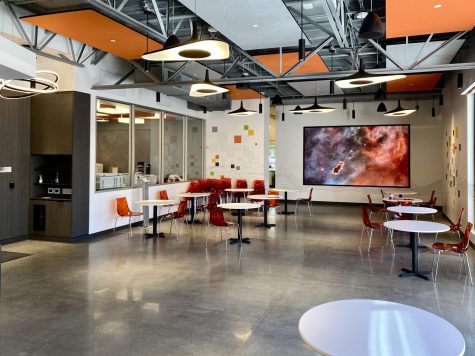
Looking back to the beginning of his journey in the pharmaceutical company, Shrader believes that experience is the most valuable thing.
“To start a pharmaceutical startup, you need a lot of experience. You get that experience from working in other startups. Maybe you’re getting in at the point when there are only three people. That’s when you get to see how it is done and use that knowledge for your own startup,” Shrader said.
As hard as it is to discover effective drugs, raising funding for the company can be just as challenging, according to Shrader.
“You have ideas, but science is costly. You could always go faster and explore more options if you have more money. It scales pretty linearly,” Shrader said.
Shrader believes the Bay Area is a perfect location for those interested in science to gain experience. Even at the high school level, there are opportunities to do basic lab work that can eventually help you solve science’s biggest problems.
“If you’re a high school student, it will initially seem confusing, but you’ll get used to it. In biotech, the lab experience trumps grades. If you’re good in the lab, no one cares if you got a C in organic chemistry. Get in a lab and just start working,” Shrader said.

